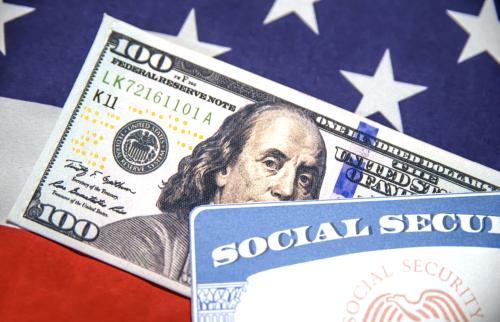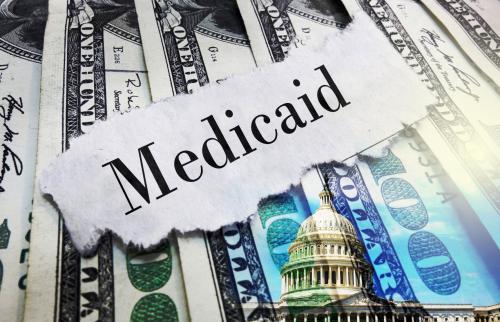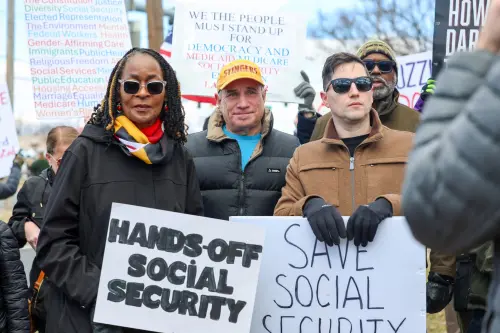Low-income households in the United States often lack access to bank accounts and face high costs for conducting basic financial transactions through check cashers and other alternative financial service providers. These families find it more difficult to save and plan financially for the future. Living paycheck to paycheck leaves them vulnerable to medical or job emergencies that may endanger their financial stability, and lack of longer-term savings undermines their ability to improve skills, purchase a home, or send their children to college.
High-cost financial services and inadequate access to bank accounts may undermine widelyshared societal goals of reducing poverty, moving families from welfare to work, and rewarding work through incentives such as the Earned Income Tax Credit. This paper calls for the transformation of financial services for the poor. Better access to financial services is critical for low-income persons seeking to enter the economic mainstream.
The Brookings Institution is committed to quality, independence, and impact.
We are supported by a diverse array of funders. In line with our values and policies, each Brookings publication represents the sole views of its author(s).



